According to Mr. Tran Anh Tuan - Vice President of the Ho Chi Minh City Vocational Education Association, to implement Resolution 71-NQ/TW on breakthrough in education and training development, the most important thing is to transform the spirit of "from fundamental and comprehensive innovation" to "breakthrough development" with specific, synchronous and feasible actions.
Mr. Tuan emphasized 5 groups of issues that need to be focused on solving.
First, in terms of strategy and institutions, it is necessary to improve the educational governance mechanism towards giving more autonomy to institutions, coupled with increased accountability based on output results.
In particular, Mr. Tuan proposed that there should be specific policies that allow for the piloting of a “sandbox” mechanism (a controlled testing environment) in vocational and university education to create space for creativity and innovation. A long-term strategy with a clear roadmap and measurable targets (KPIs) by 2030 and 2045 is needed to ensure that the Resolution does not just stop at slogans.
Second, in terms of resources, there needs to be a breakthrough in finance, infrastructure and technology. It is necessary to increase public investment and at the same time have a mechanism to strongly mobilize social resources from businesses. Investment in digital technology infrastructure for the entire system.
In particular, virtual reality (VR/AR) and simulation technologies in vocational education are urgently needed. In addition, there should be preferential credit policies for vocational trainees and students of practice-oriented majors.
Third, regarding the team of teachers and managers, this is the key factor determining success. It is necessary to build an elite team with high professional capacity and the ability to adapt to modern technology and teaching methods. The remuneration and working environment must be attractive enough to attract and retain talent.
Fourth, in terms of quality and output standards, it is necessary to strongly transform from the traditional training model to competency-based training, placing learners at the center. Training programs must be designed according to international standards and have close accompaniment from businesses to ensure that output meets the needs of the labor market. Assessment methods also need to change, shifting from "exams - degrees" to "accreditation - competency certificates - open learning records".
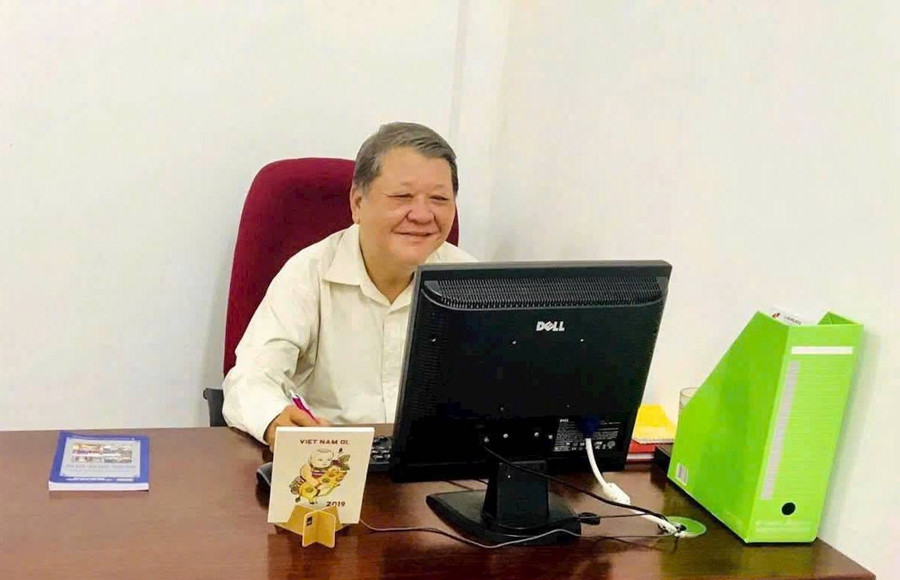
Finally, in terms of international cooperation and integration, expanding links with foreign partners in both vocational and university education is inevitable. Forms of cooperation such as joint degrees and credit recognition will help improve quality and facilitate the export of high-quality human resources.
Strengthening foreign language training, especially English, and closely linking with FDI enterprises to bring modern technology into schools are keys to deep integration.
“For Resolution 71 – NQ/TW to be truly groundbreaking, a consistent framework of solutions is needed for the 5-year period (2025–2030), focusing on the following factors: clear institutions, strong resources, elite teams, output standards linked to the market and deep integration. In particular, vocational education must be considered a 'key breakthrough', one step ahead in meeting the country's practical human resource needs,” Mr. Tuan concluded.
Source: https://giaoducthoidai.vn/dot-pha-giao-duc-tu-nghi-quyet-71-nqtw-5-tru-cot-can-hanh-dong-ngay-post749066.html




![[Photo] Cutting hills to make way for people to travel on route 14E that suffered landslides](https://vphoto.vietnam.vn/thumb/1200x675/vietnam/resource/IMAGE/2025/11/08/1762599969318_ndo_br_thiet-ke-chua-co-ten-2025-11-08t154639923-png.webp)





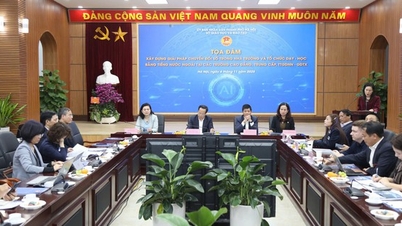






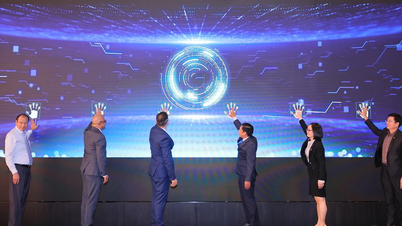
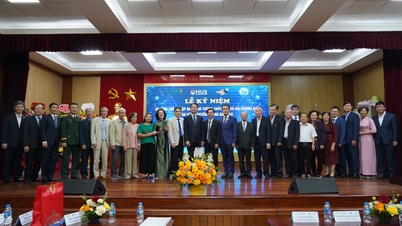



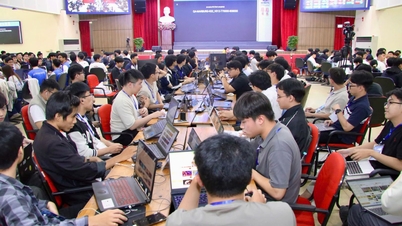

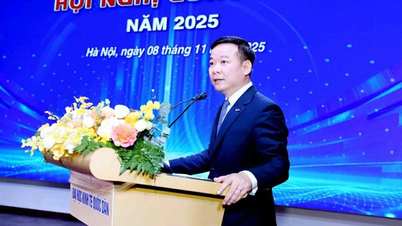











![[Photo] "Ship graveyard" on Xuan Dai Bay](https://vphoto.vietnam.vn/thumb/1200x675/vietnam/resource/IMAGE/2025/11/08/1762577162805_ndo_br_tb5-jpg.webp)







![[Video] Hue Monuments reopen to welcome visitors](https://vphoto.vietnam.vn/thumb/402x226/vietnam/resource/IMAGE/2025/11/05/1762301089171_dung01-05-43-09still013-jpg.webp)










































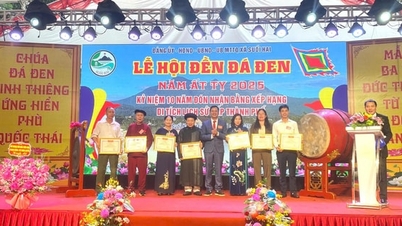





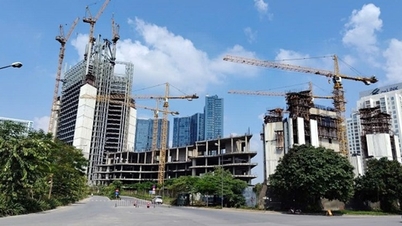


















Comment (0)